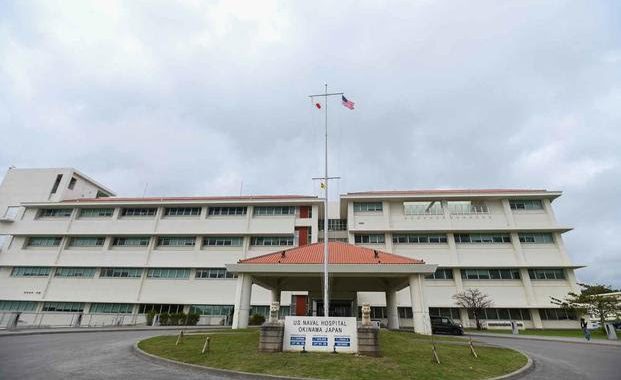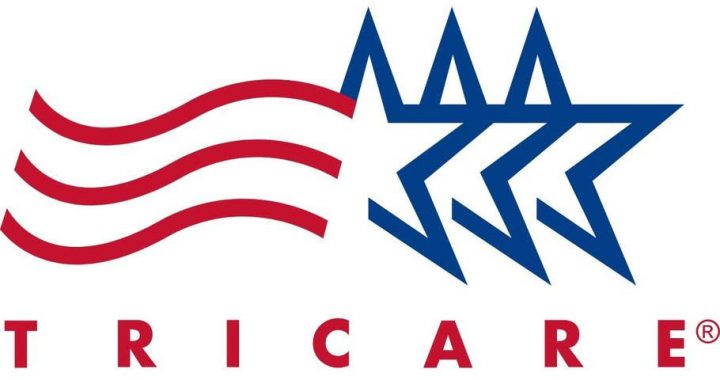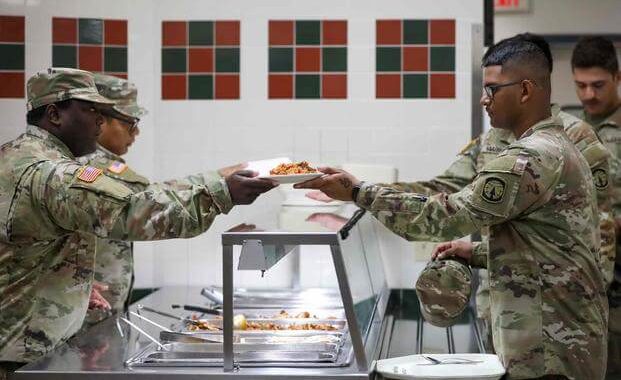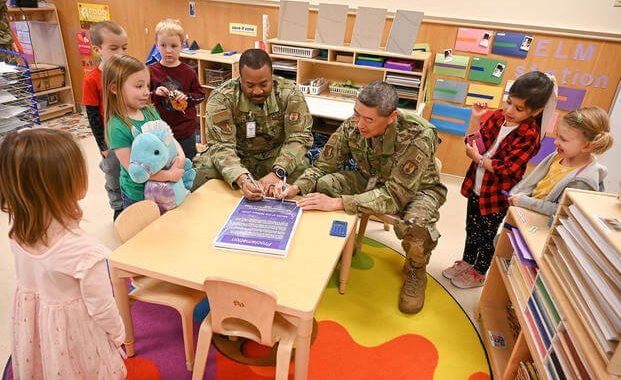Moving Out Of The Way For Emergency Lights
3 min read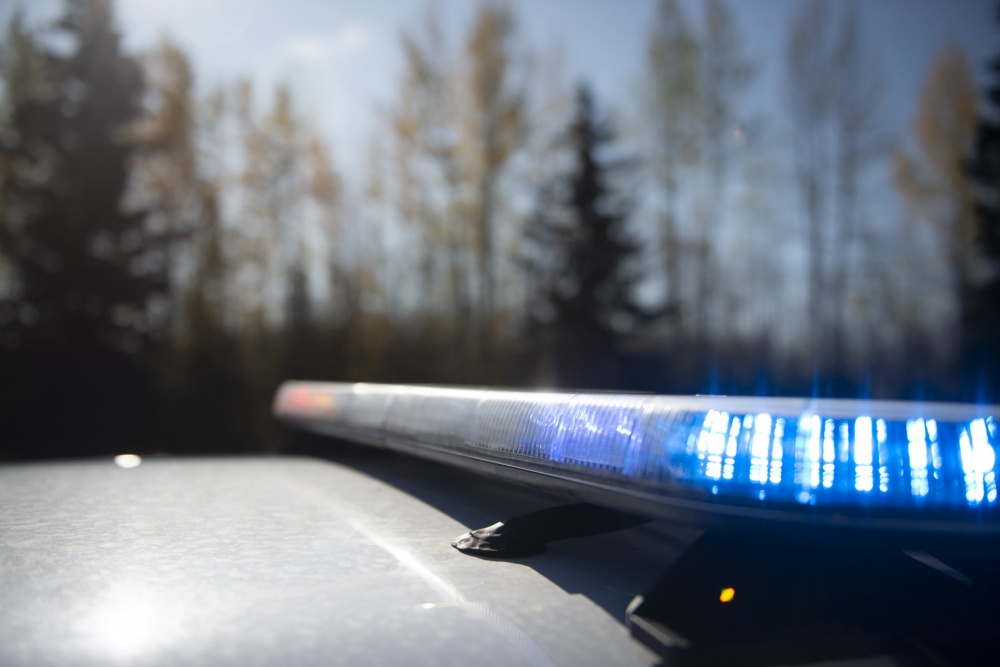
JOINT BASE ELMENDORF-RICHARDSON, AK, UNITED STATES
Story by Airman 1st Class Emily Farsworth
Joint Base Elmendorf-Richardson Public
Drivers on Joint Base Elmendorf-Richardson, Alaska, need to be aware of the proper measures to take when approached by emergency vehicles displaying flashing emergency lights.
When approached by emergency vehicles with lights flashing, drivers need clear the intersection, pull over to the right side of the road and wait for the vehicles to pass.
“Every second matters,” said Tech. Sgt. Corey Loesch, 673d Civil Engineering Squadron fire and emergency services noncommissioned officer in charge of health and safety. “It affects our response time in a negative way when vehicles don’t yield to emergency vehicles that are using their sirens and lights.”
It’s important to note, flashing emergency lights are typically combined with sirens which serve as another signal to drivers.
“The purpose of sirens is to get the drivers’ attention from streets away,” Loesch said. “This lets them know to be prepared to pull over and stop before they can even see the emergency lights. This is especially important during the winter when there is low visibility.”
The flashing lights are used for public safety to warn motorists they are approaching a potentially hazardous situation together with serving as a way to ensure the safety of emergency responders.
“According to the FBI Unified Crime Report, 23 law enforcement officers died due to vehicle accidents so far in 2019,” said Tech. Sgt. Larry Head, 673d Security Forces Squadron flight sergeant. “They left behind families who will never see their faces again. Please do everyone a favor, when you see the flashing lights, slow down, give them space and let them go home to their families.”
The 673d SFS Defenders agree the risk is high when people fail to think about the potential consequences of breaking the law.
“Really and truly at the end of the day, I just want to be able to go home to my kids,” said Staff Sgt. Steven Garwood, 673d SFS NCOIC of confinement. “You need to think of the cost of being in too big of a hurry to yield to emergency response vehicles.”
The 673d SFS Defenders who make traffic stops feel the impact of drivers failing to yield to emergency vehicles demonstrating emergency lights.
“You can feel the wind off of vehicles driving past when you are trying to talk to the person who you just pulled over,” Garwood said. “Sometimes we are just trying to help someone who has pulled over alongside the road. It’s not just our safety, but the general public’s safety that comes into question.”
Head notes it doesn’t take long to yield to emergency vehicles but it can make a large difference to emergency responders.
“It is a real and present danger we are exposed to on a routine basis and yielding only requires a little bit of patience and attention on the part of other drivers,” Head added.
Drivers need to practice situational awareness and prepared to yield to emergency vehicles while driving on base.
“Overall, drivers need to be aware that they need to leave the lane open for medical, fire and police vehicles when they hear sirens or see flashing emergency lights,” Loesch said. “In that situation, emergency vehicles always have the right of way.”


